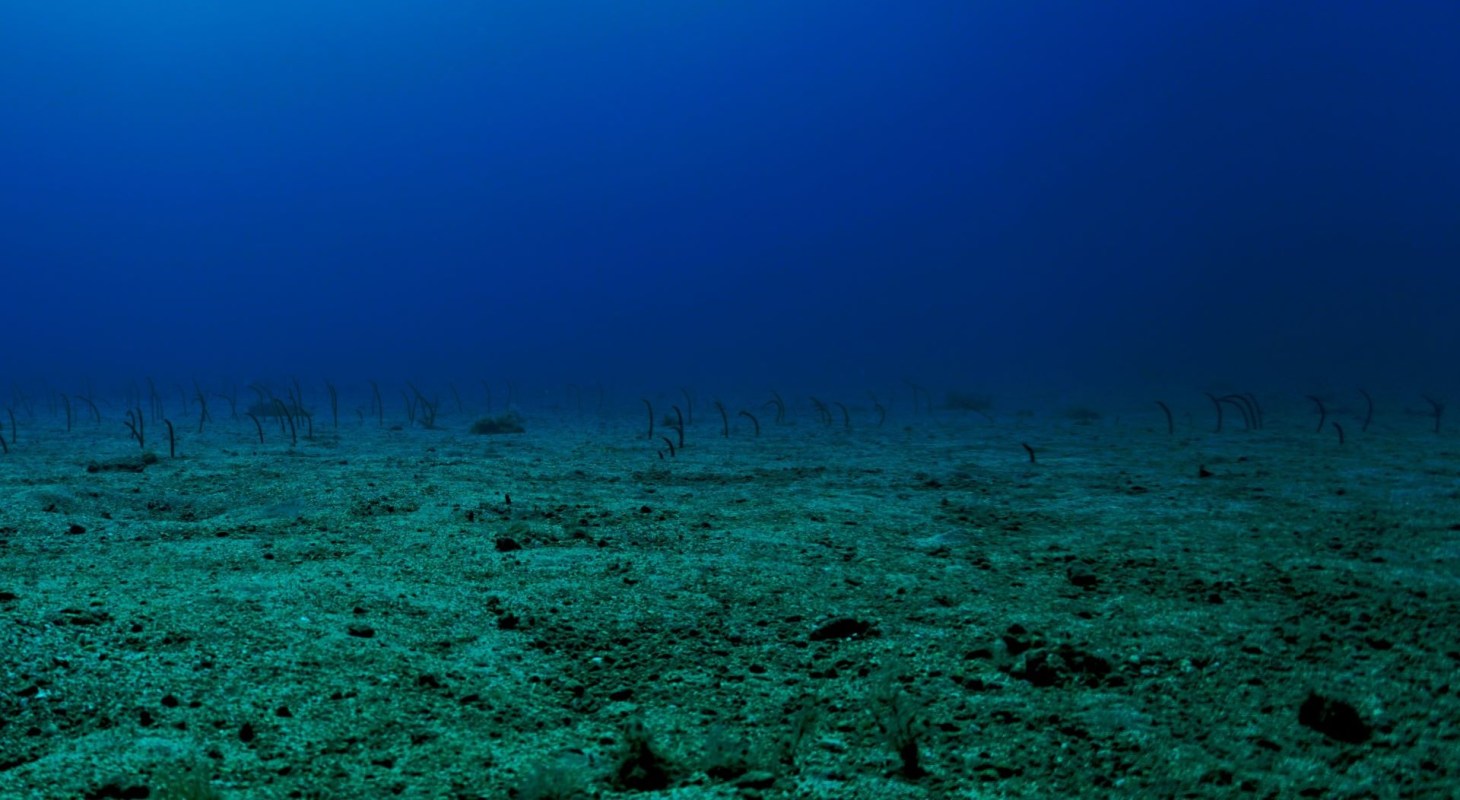While it has been established that marine heat waves are warming our oceans and causing great disruptions to marine ecosystems, new research has broadened our understanding of these occurrences.
The study, led by researchers from the National Oceanic and Atmospheric Administration (NOAA), shows that marine heat waves do, in fact, happen at the seafloor.
While marine heat waves have been studied at the surface level for more than a decade, this is the first time we've had the ability to explore how they affect deeper waters. The NOAA-led team was able to do so using observations and computer models to create the first broad evaluation of deep sea heat waves in waters surrounding North America.
The research team, which also included scientists from the Cooperative Institute for Research in Environmental Sciences and the National Center for Atmospheric Research, found that on the continental shelves of North America, deep sea heat waves tend to last longer than those that occur on the surface. Surface level and bottom marine heat waves can occur simultaneously in the same place, especially in shallower areas. Bottom marine heat waves, however, can happen without displaying warming at the surface, which means their impacts could come without warning.
These heat waves have drastic and devastating effects on the health of our ocean ecosystems, as they can disrupt the behaviors and productivity of ocean inhabitants of all sizes. This is why studying heat waves is so important.
Marine heat waves have experienced an estimated 50% increase in frequency in the past decade, according to the study, largely due to the fact that our oceans have absorbed about 90% of our planet's excess heat stemming from global warming.
"We know that early recognition of marine heat waves is needed for proactive management of the coastal ocean," said Michael Jacox, one of the study's co-authors and a research oceanographer at NOAA's Southwest Fisheries Science Center and the Physical Sciences Laboratory. "Now it's clear that we need to pay closer attention to the ocean bottom, where some of the most valuable species live and can experience heat waves quite different from those on the surface."
Join our free newsletter for cool news and cool tips that make it easy to help yourself while helping the planet.









